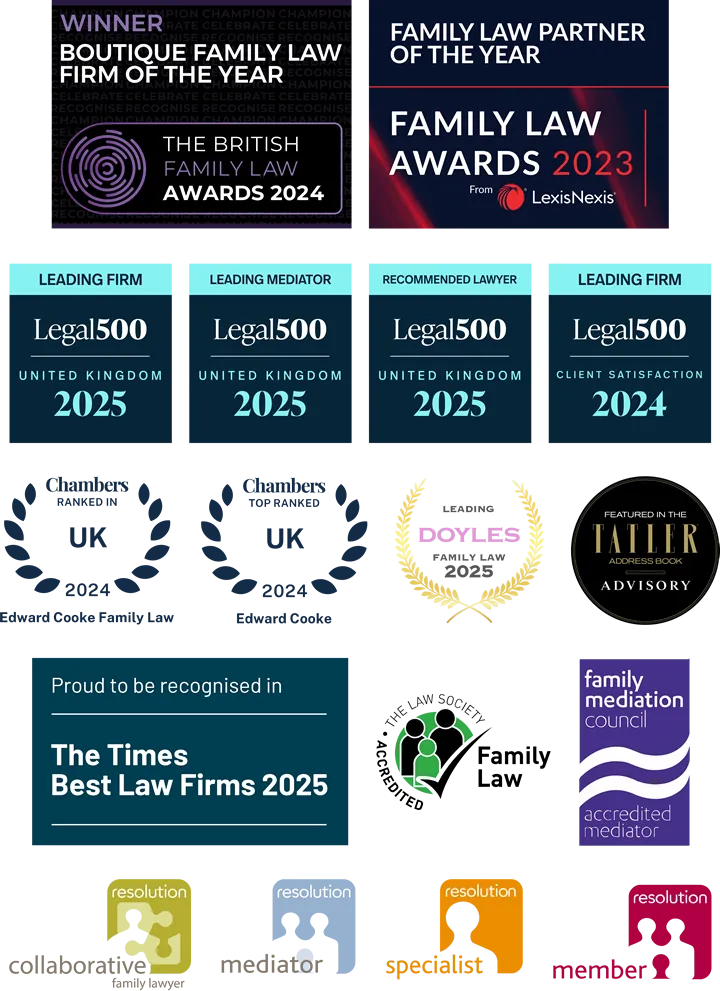In most cases, couples attend the mediation meetings with just the mediator present (ie, without lawyers attending) although sometimes lawyers do attend (what is known as “solicitor-inclusive mediation”), for example where there are complex issues.
Throughout the process (at the outset and between meetings), both parties have the opportunity to seek independent legal advice from their own solicitor.
At the end of the process, the mediator prepares a “Memorandum of Understanding”, which sets out what has been agreed. This is only binding upon the couple once each person has had the opportunity to seek advice on the proposed agreement from their own solicitor.
Financial information or documentary disclosure that is exchanged in mediation is “open” – so it can be used in another process (including court proceedings) if the process breaks down.
However, settlement proposals or discussions over options for settlement that take place in mediation cannot be referred to should the process break down, thereby encouraging an option-based approach to settlement.


